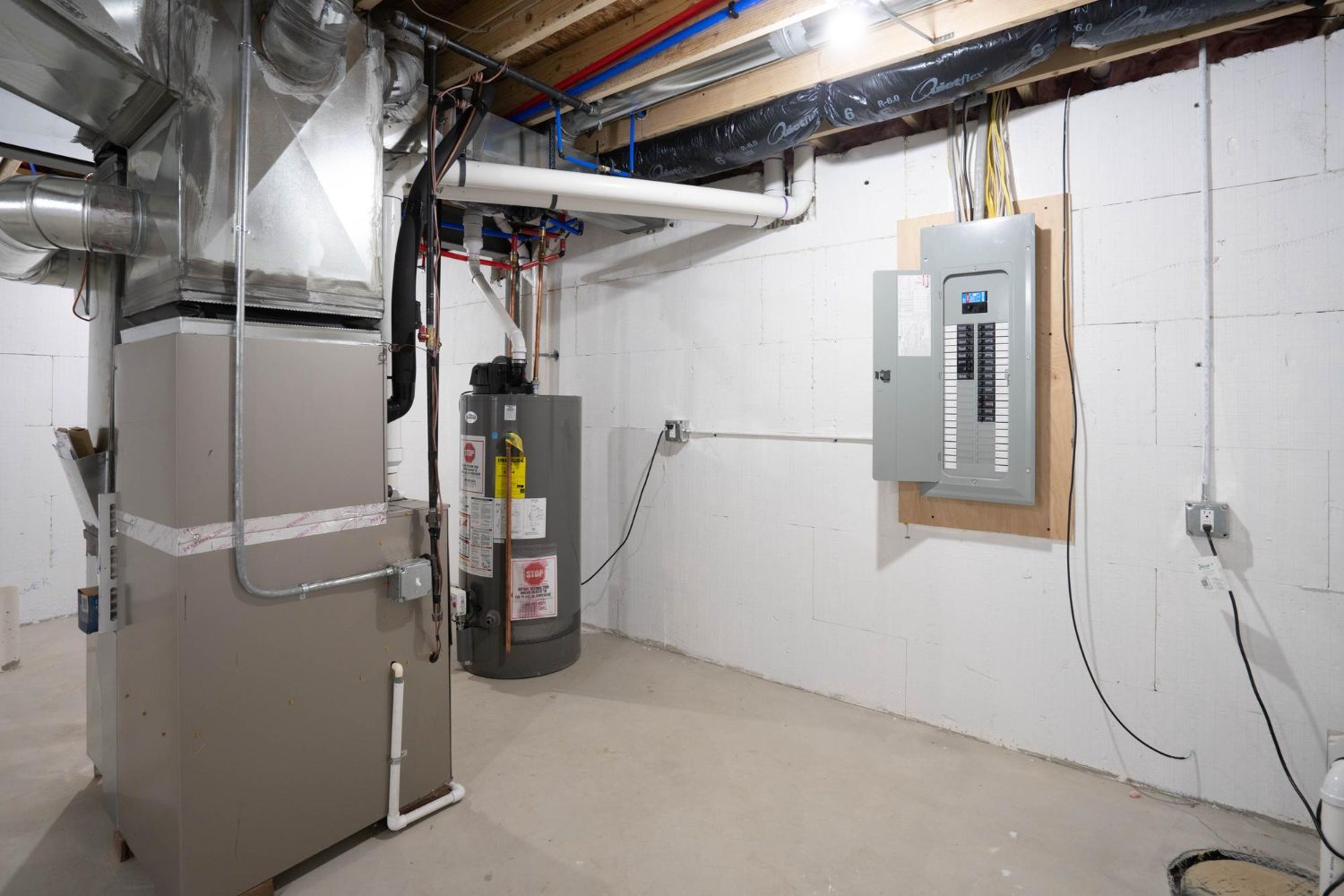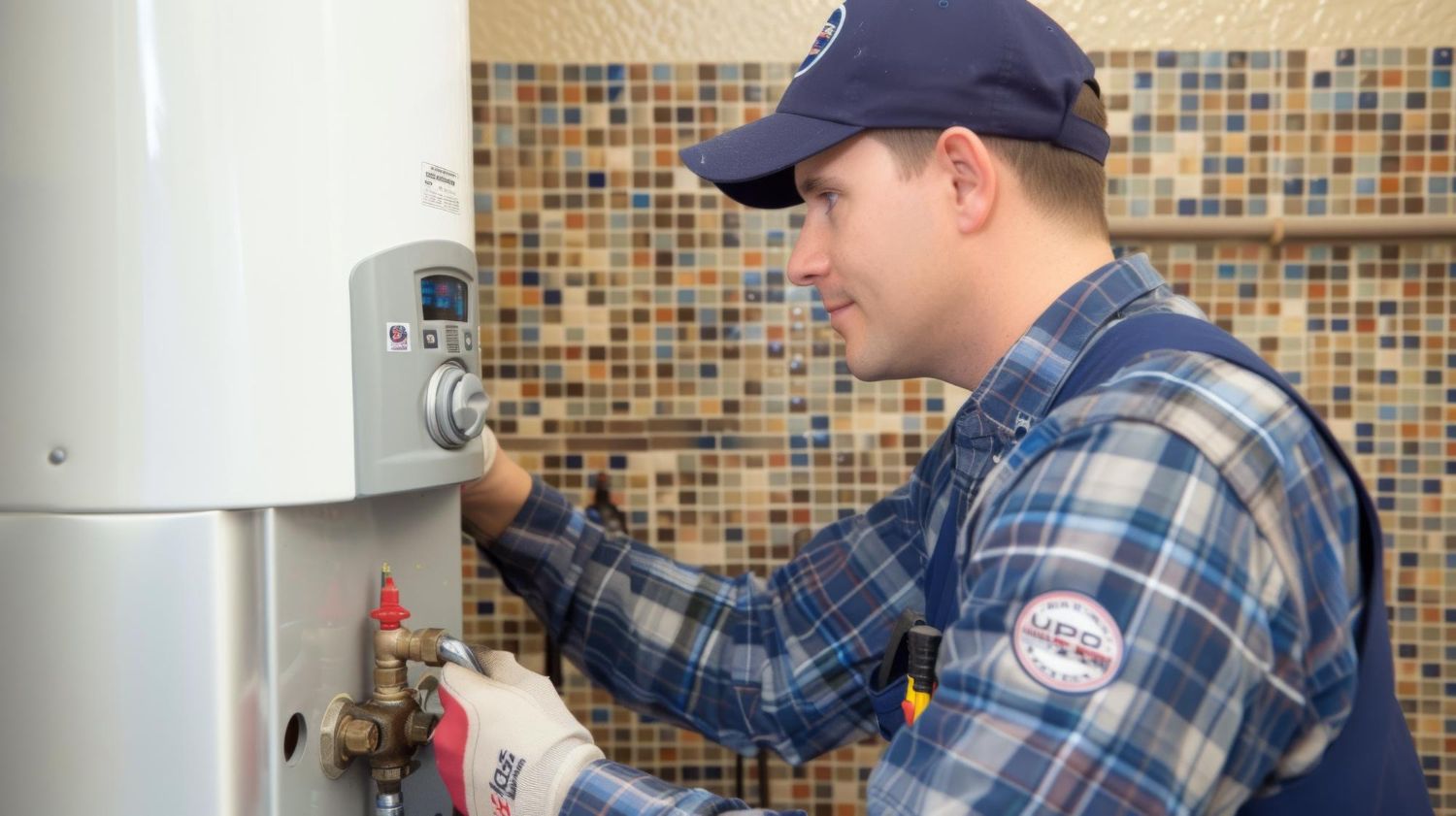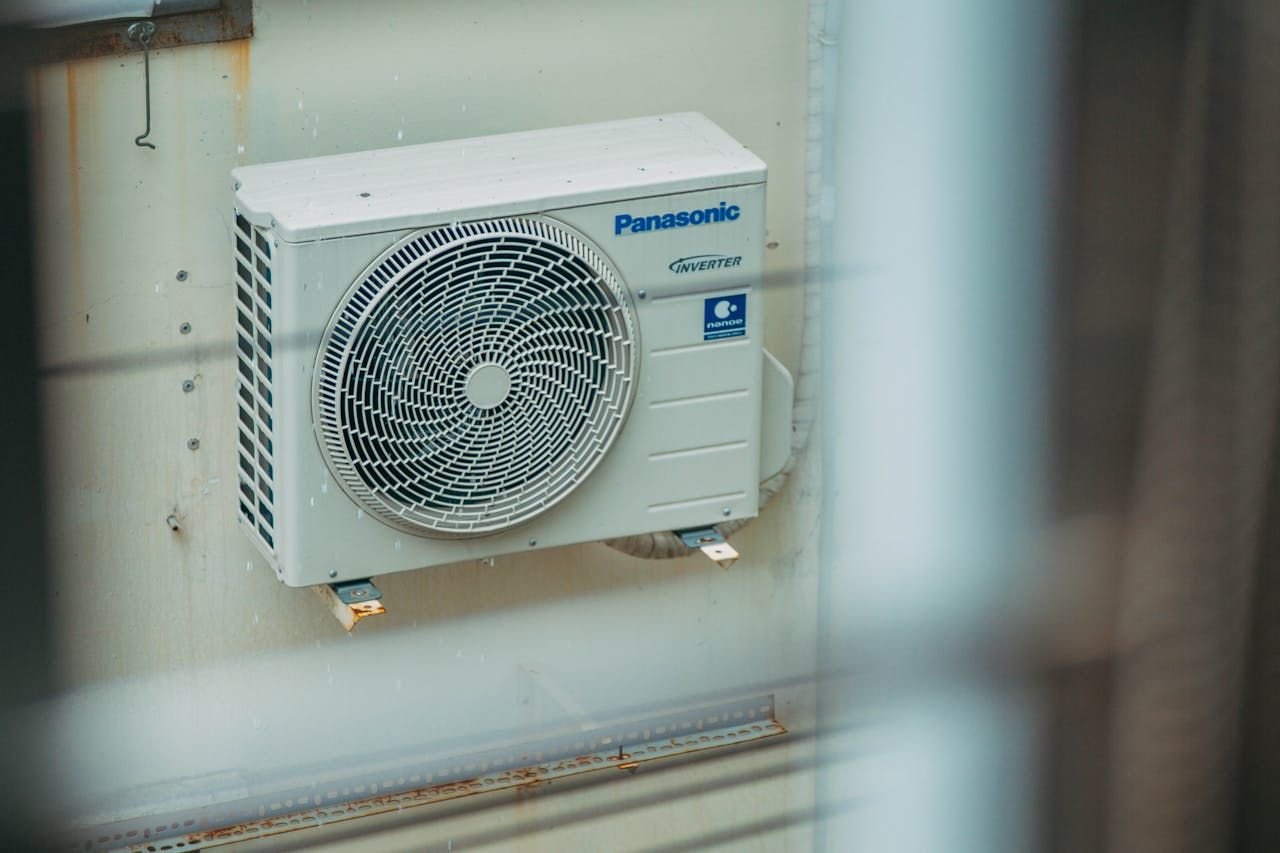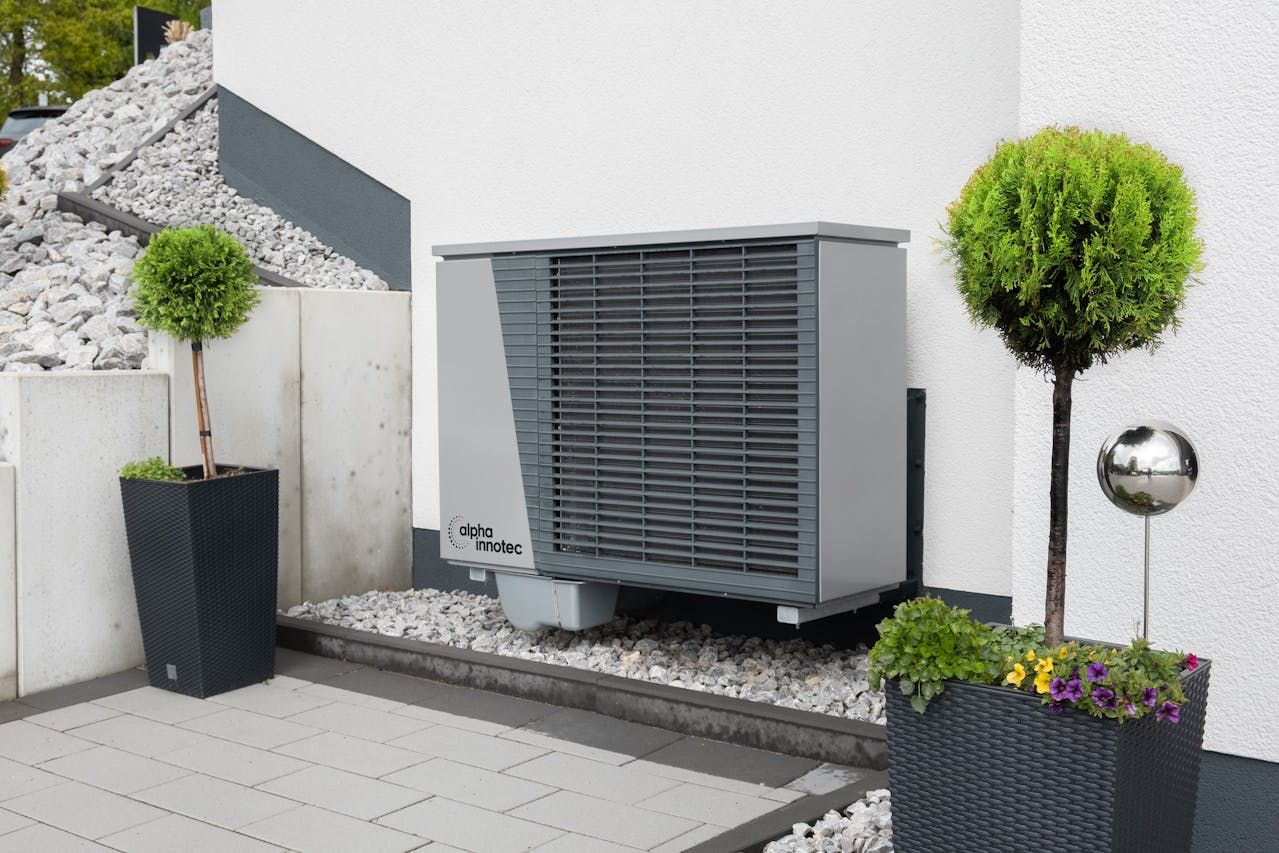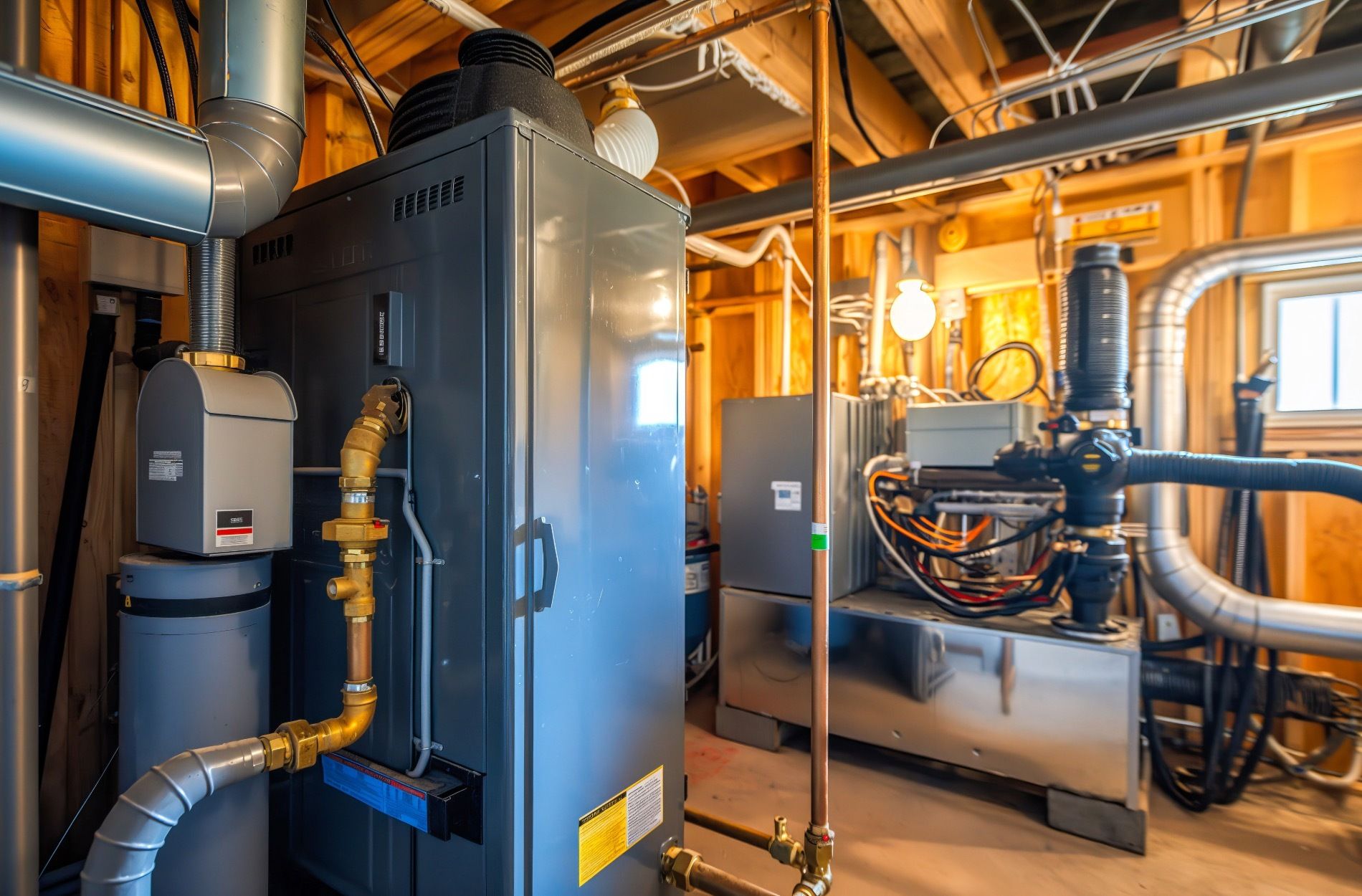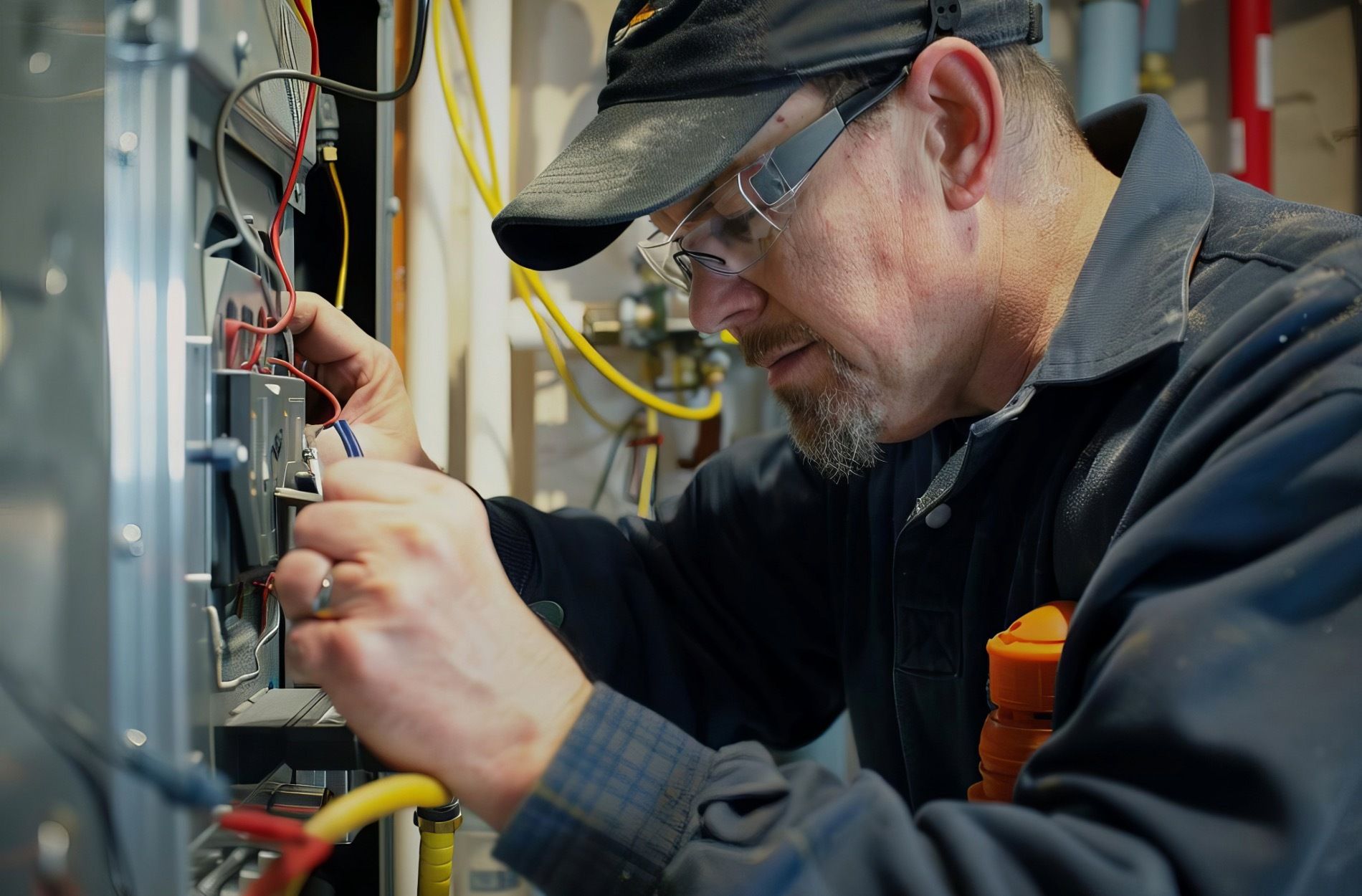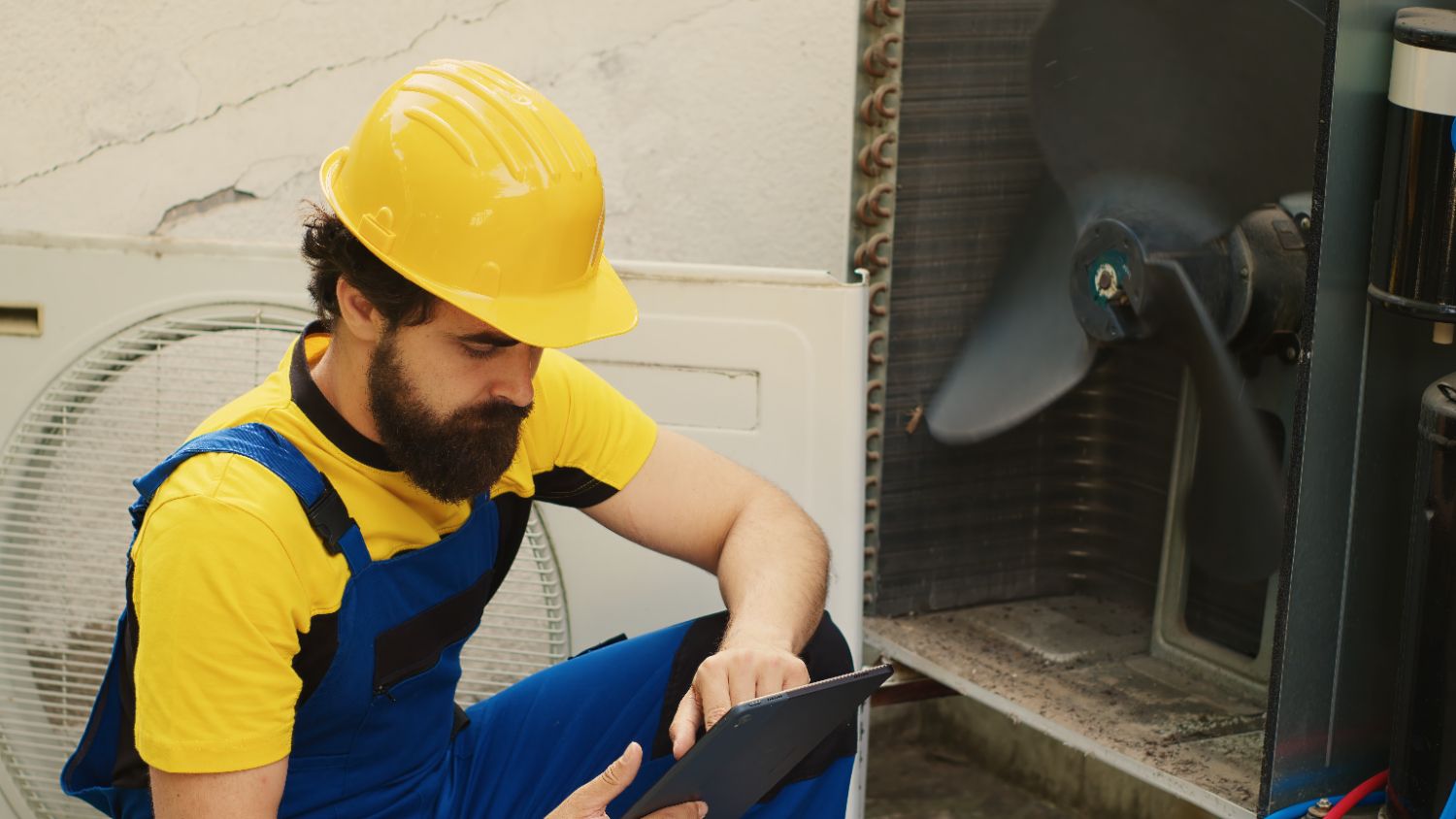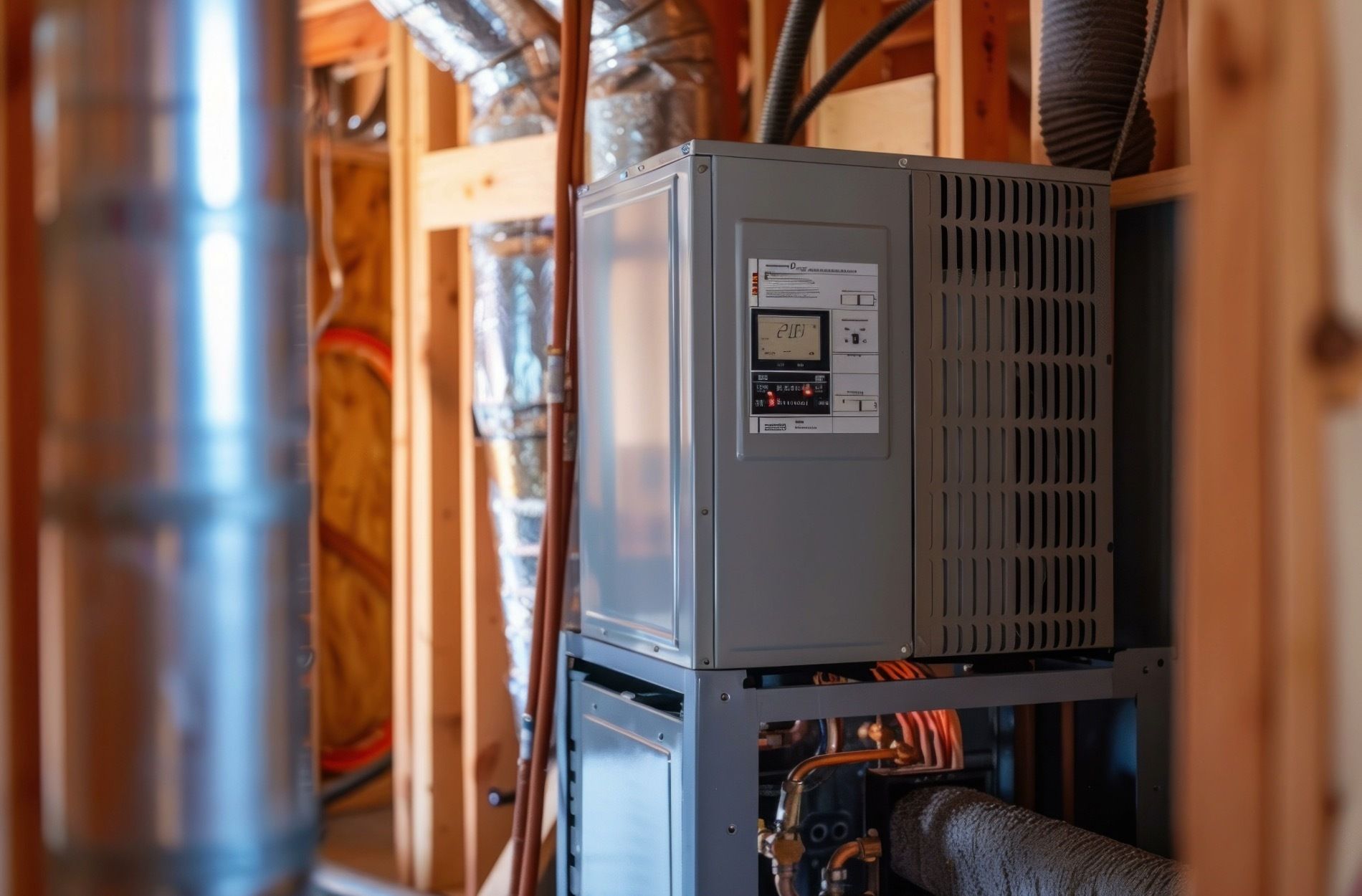
How to Diagnose a Low Freon Problem in Your Home Air Conditioning Unit
Are you worried that your home air conditioning unit might have a low Freon problem? Don’t worry – it’s not as difficult as it may seem.
In fact, with the right tools and knowledge, anyone can diagnose their AC and identify potential problems.
This article will provide an easy-to-follow guide on correctly diagnosing your system and pinpointing any issues related to refrigerant levels or blockages in the refrigerant lines.
We’ll also discuss the importance of proper maintenance for air conditioners and provide tips on how to prevent future problems from occurring.
What is Freon?
Freon is a refrigerant used to cool your home. It’s often referred to as a “refrigerant gas” or “coolant” and is found inside most AC systems.
It is a colorless, odorless gas and was first developed in the 1930s. It is referred to by its chemical name, dichlorodifluoromethane (CFC-12), and is one of the most widely used refrigerants in the world.
Freon works by evaporating and condensing rapidly to create a cooling effect. This process is known as vapor compression refrigeration.
When the compressor in your system compresses freon gas, it increases its temperature and pressure. The new hot and pressurized freon then travels through a series of coils.
As this happens, heat is released outside while cooler air flows into your home or building’s interior spaces. The newly cooled air is then sent back to the compressor where it begins the cycle all over again.
What Causes Freon Problems in Air Conditioning Systems?
If your AC unit is running inefficiently or isn’t cooling correctly, it could be due to a low refrigerant issue. Low levels of freon can be caused by several things, including:
- A leak in the evaporator coil
- Refrigerant blockages
- Improper maintenance
- Poorly installed units
How to Diagnose a Low Freon Problem
In order to properly diagnose a low freon problem in your AC system, you’ll need the following tools:
- An AC pressure gauge
- A thermometer
- A vacuum pump
Step 1: Check for Leaks
The first step in diagnosing a low freon problem is to check for leaks. Begin by inspecting all of the refrigerant lines and joints. Look for any signs of wear or damage that could be causing a refrigerant leak, like cracked seals or loose fittings.
If you find any visible signs of a leak, the next step is to use the pressure gauge. Connect it to the refrigerant line and check for a drop in pressure from one side of the system to the other. If you see a significant difference, this could be an indication that there is a leak in the line.
Step 2: Check for Blockages
After checking for leaks, the next step is to check for blockages. Start by checking all of the refrigerant lines and making sure that there aren’t any foreign objects blocking the flow of freon gas. You can also use a thermometer to measure the temperature of each line. If it’s significantly cooler than the outside air, this could be an indication of a blockage.
Step 3: Check for Proper Maintenance
If you haven’t been regularly maintaining your AC system, this could also be causing problems with the refrigerant levels. Make sure that you have had your AC unit serviced by an HVAC technician at least once per year in order to ensure that it’s running efficiently and the refrigerant levels are correct.
Step 4: Check for Poor Installation
If your AC system was not properly installed, it could also cause problems with your AC’s refrigerant levels. Make sure that all components are properly configured and connected during installation to ensure optimal performance.
Step 5: Use a Vacuum Pump
If all of the above steps have been completed and you still haven’t been able to diagnose the problem, then your last option is to use a vacuum pump. This tool will help to remove any air or moisture from the system and can help to identify any leaks or blockages that may be causing the issue.
Low Refrigerant Symptoms: What You Should Know
It’s important to be aware of the signs of low refrigerant problems in your AC system. Common symptoms include:
- AC produces warm or hot air instead of cold air
- Unusual noises coming from the unit
- Increased energy bills
- Ice on your evaporator coil
Let’s take a closer look at each sign:
Reduced cooling power
Is warm air blowing from your AC? The first sign you’ll notice when your AC unit is low on freon is reduced cooling power. This is when your AC produces lukewarm or warm air instead of cool air. You can use a thermometer to check the air temperature of your unit.
Another symptom of a low freon problem is poor air circulation. This means that your AC unit isn’t efficiently distributing the air throughout your home or office. You may notice that certain areas of your space are not cooling properly, while other areas are over-cooled.
Unusual noises coming from the unit
Leaking freon lines is a common cause of low refrigerant problems. This means there is refrigerant escaping somewhere in the coils. As a result, your AC won’t have enough refrigerant to carry out its duties.
When there’s a refrigerant leak, you will often hear an unusual bubbling sound or hissing sound coming from your HVAC system.
If you do, turn off your AC unit and contact an HVAC expert immediately. An expert can help you spot the leak and patch it up quickly and safely.
High energy bills
Are your utility bills suddenly higher this month? This could also be a sign of a low refrigerant problem in your AC system.
Air conditioners need freon to effectively cool your home. If there’s a shortage of it in your AC unit, your system will work twice as hard to compensate for the cooling demands in your home.
Not only can this increase your monthly energy bills but it can also cause the early deterioration of your system’s components.
Ice on your refrigerant lines
If you see ice or frost forming on your refrigerant lines, this is a surefire sign of a freon problem.
This usually happens because the AC unit isn’t able to adequately cool the air inside your home so it begins to freeze the refrigerant lines instead.
To fix this issue, you’ll need to contact an HVAC technician to refill your air conditioner’s refrigerant and perform necessary repairs.
What to Do If Your Air Conditioning System Is Low on Refrigerant?
If you’ve identified that your air conditioner is low on refrigerant, it’s important to take action quickly. The best course of action is to contact an HVAC expert as soon as possible.
An experienced technician can diagnose the problem and help you decide on the best solution for your situation. They will also be able to repair any damage and ensure that your AC unit is running efficiently.
Can I Refill the Freon in My Air Conditioner?
While it’s perfectly possible for you to refill the freon in your air conditioner, it’s not exactly legal.
According to EPA regulations, only a certified HVAC expert is allowed to change the refrigerants in your air conditioning system.
We strongly advise against changing the freon in your air conditioner alone. If you suspect that your unit is already low on freon, we would be more than happy to assist you!
How Often Should the Freon in My AC Be Refilled?
It is recommended that you check the freon levels in your air conditioner once a year. This should be done during the spring or summer months when your AC is being used more frequently.
If you notice any of the signs and symptoms mentioned above, it’s important to contact an HVAC expert right away so they can check the level of refrigerant in your AC and refill it if necessary.
By regularly checking the freon levels in your AC, you can help maintain a healthy, cooling system for years to come.
Benefits Professional HVAC Services
When it comes to air conditioning problems, professional HVAC services can provide you with the fast and efficient solutions you need.
An experienced technician can not only refill your unit’s refrigerant but also make sure that all other parts of your system are functioning properly. This is especially important if you want to prevent future air conditioning problems from occurring.
24/7 HVAC Maintenance and Repair in Sandy, UT
Looking for reliable and accessible HVAC maintenance and repair services can be tricky. This is especially true if you don’t know what to look for in a provider. Luckily, we’re here to make your search much easier and faster.
Here at One-Stop Heating, our priority is always our customers. Therefore, all our services are tailored to fit your needs and requirements exactly.
Before we do any work, we will do a full assessment of your air conditioning system and provide you with an honest estimate of how much it will cost.
We offer 24/7 emergency services, so you can count on us for all your HVAC needs anytime!
Contact (801) 355-9500 for more information.
We look forward to hearing from you!


